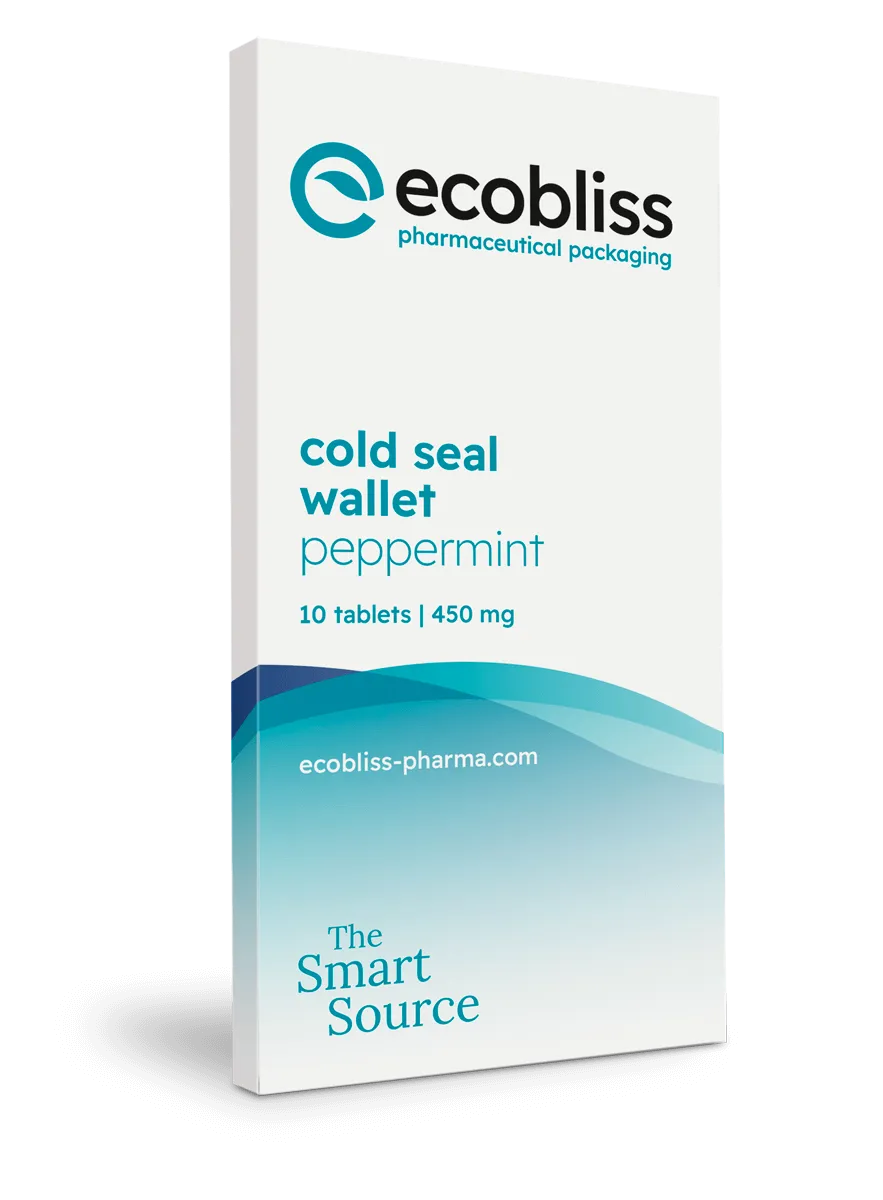When it comes to pharmaceutical manufacturing, adhering to Good Manufacturing Practice (GMP) is not just a regulatory requirement; it's a key factor of quality assurance that protects the patient and assures drug efficacy and safety. This blog post explores what GMP stands for in the pharmaceutical industry, its importance, and how it impacts the development, production, and distribution of pharmaceutical products.
Understanding GMP
Good Manufacturing Practice (GMP) is a system for ensuring that products are consistently produced and controlled according to quality standards. It is designed to minimize the risks involved in any pharmaceutical production that cannot be eliminated through testing the final product.
The goals of GMP
The primary goal of GMP is to prevent instances of contamination, mix-ups, deviations, failures, and errors. This provides assurance that the drug products are safe for human consumption, meet their intended use, and adhere to the quality standards they claim.
Core components of GMP
- Quality Management: Quality management under GMP involves ensuring that all manufacturing processes are clearly defined, systematically reviewed, and shown to be capable of consistently manufacturing pharmaceutical products that comply with quality standards and are fit for their intended use.
- Sanitation and hygiene: A robust approach to hygiene helps prevent contamination. Pharmaceutical manufacturers must maintain a clean and hygienic manufacturing area.
- Validation and qualification: GMP requires that all manufacturing processes are validated to demonstrate consistency in the production of pharmaceutical products. Equipment must also be qualified as suitable for their intended use.
- Documentation and records: Documentation is a critical part of GMP compliance. Records provide the basis of a quality system and are necessary for evaluating the efficacy of control and quality.
- Personnel: Qualified and trained personnel are essential to ensure that all processes and controls are carried out according to GMP. Regular training and assessments are part of the GMP requirements.
Why GMP matters
GMP regulations address issues including documentation, record-keeping, personnel qualifications, sanitation, cleanliness, equipment verification, process validation, and complaint handling. All these factors ensure that:
- The product is not contaminated
- The product is consistent in its manufacture
- The product is correctly labeled and packaged, which is assured using serialization
- The product meets the quality standards promised or represented
Adhering to GMP
Compliance with the GMP guidelines is essential not only to maintain the license to operate, but to ensure the safety and efficacy of pharmaceutical products. Regulatory agencies like the FDA and EMA conduct regular inspections and audits to ensure compliance with these practices.
Understanding and implementing GMP is essential for pharmaceutical companies to maintain product integrity and patient safety. It's more than following regulations—it's about building a culture of quality that includes every aspect of production and ensures the efficacy, safety, and reliability of pharmaceutical products.
For those in the pharmaceutical industry, embracing GMP is not just about regulatory compliance, but a commitment to quality that assures health professionals and the public that the medications meet the highest standards. If you're looking to understand more about how GMP practices can be integrated into your production or need assistance in training your staff in GMP compliance, reaching out for professional guidance is recommended.
Request a free sample now!









